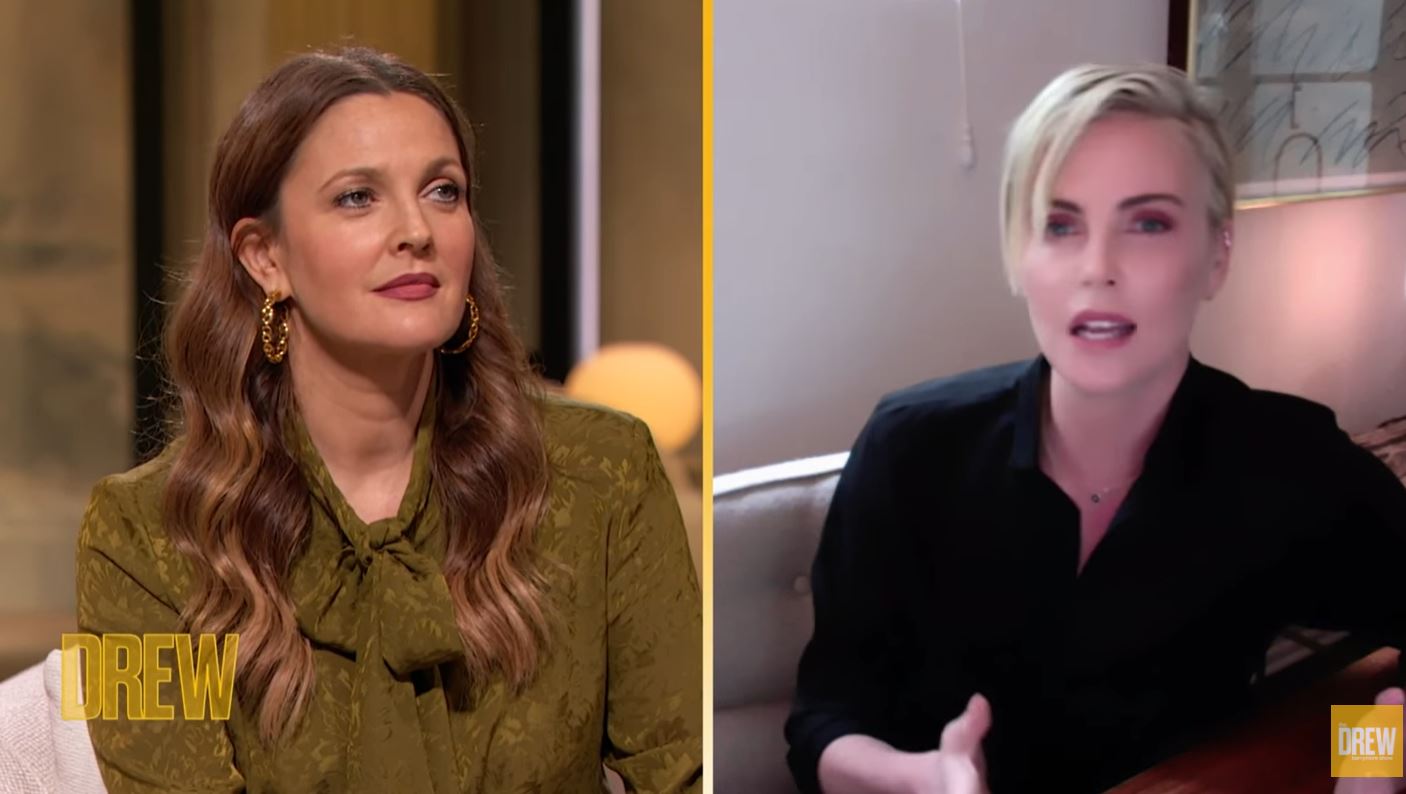Best of TIFF 2020: Shiva Baby is a loving ode to "neurotica"



Imagine being told you "look like Gwyneth Paltrow on food stamps, and not in a good way" by your mother minutes after you walk into a sombre family event. Barely 30 seconds later, you unexpectedly spot your "sugar daddy" talking to your real father in the corner, lock eyes, and quickly realize it's time to reverse engineer a meet-cute explanation for your inevitable awkward run-in. Oh, and you learn he's married too, even though you just spent the morning together. All this while your ex Maya (Molly Gordon, Booksmart, Good Boys) hovers around with judgmental quips, and the afternoon has barely started.
This is the pulsating anxiety that drives Shiva Baby throughout its compact 77-minute run-time, and makes it such an exhilarating watch. This dark comedy follows Danielle (Rachel Sennott), a young, bisexual college student who wades through her own twentysomething identity crisis, and juggles finishing school, her sugar baby lifestyle, and satisfying her always-hovering Ashkenazi Jewish parents. Her day starts with what appears to be a regular hookup with Max (Danny Deferrari, who masters being lonely, patronizing and alluring all at once) at what she assumes is his Soho bachelor pad, and Danielle leaves with a new bracelet (and a wad of cash). After all, he "really wants to help" her get her degree and go to law school, which she has no real intention of doing. She exits early to meet up with her parents at a shiva house for a distant relative or family friend. She's not sure who she is there to honour, but she knows she has to attend and put on a brave face.
A shiva house is a drop-in visitation to pay respects and comfort grieving mourners after a death in a Jewish family. Typically, buffets are plentiful, the smell of lox fills the room, and while well-intentioned, the family gossiping and small talk can feel smothering. In Danielle's words, it's a place for parents to "show off" their children and boast about their accomplishments before cross-examining others for a life update. For Danielle, it's all performative. Before walking in, she asks her parents, "What's my soundbite again?" to maintain the veneer of success. So imagine her surprise to not only see her ex, but Max too, and — surprise — his cold, "shiksa princess" (non-Jewish) wife Kim (Dianna Agron, in a piece of delicious casting as she herself is Jewish), and — surprise — their 18-month-old daughter. Instantly trapped under the weight of her ever-increasing list of lies, plus the pressure of familial expectation, Danielle does her best to keep her story straight but starts floundering as soon as she's asked about her dating life or professional aspirations. Her worlds are colliding, complete with a new coffee stain.
Equally sarcastic, biting, suffocating and cringeworthy, this fresh and loving take on Gen Z anxiety is a sex-positive riff on the trappings of what it means to be a "Nice Jewish Girl." And hilariously, the lead actress Rachel Sennott is not even Jewish, but the sentiments and pressures translate in a universal way. It's a star-making performance. Toronto's Emma Seligman writes and directs the feature, her first, with an assured hand and unflappable, decisive confidence. It helps that she adapted her short of the same name, too. But this film is a precise pressure cooker, and cuts deep with visceral panic in this claustrophobic setting. She calls it "neurotica," which is both apt and hilarious. And yes, there are already comparisons to Uncut Gems...
Shiva Baby is Uncut Gems for hot Jewish sluts
— bitsy von muffling (@DoctorPissPants) September 16, 2020
And calls for the film to win the festival's coveted People's Choice prize....
https://twitter.com/ndevents/status/1306028115643293697
Calling it now, Emma Seligman's SHIVA BABY will win the Toronto International Film Festival People's Choice Award. I don't even think it'll be a close contest either. #TIFF20
— Jason (@jasonosia) September 14, 2020
The day before TIFF started, the film sold to indie film distributor Utopia Films. This early sale only helped further boost Shiva Baby, which has been building buzz since the cancellation of SXSW, where it was intended to launch in front of that R-rated comedy-loving crowd. But TIFF was a perfect starting point for this story about female entrepreneurship and coming-of-age. The best thing you can hope for at an audience's festival is being embraced as a discovery. And in this age when we’re doing most of our watching virtually, it's fascinating to see that word-of-mouth still carries online for worthy projects like this one, even without the traditional festival experience.

